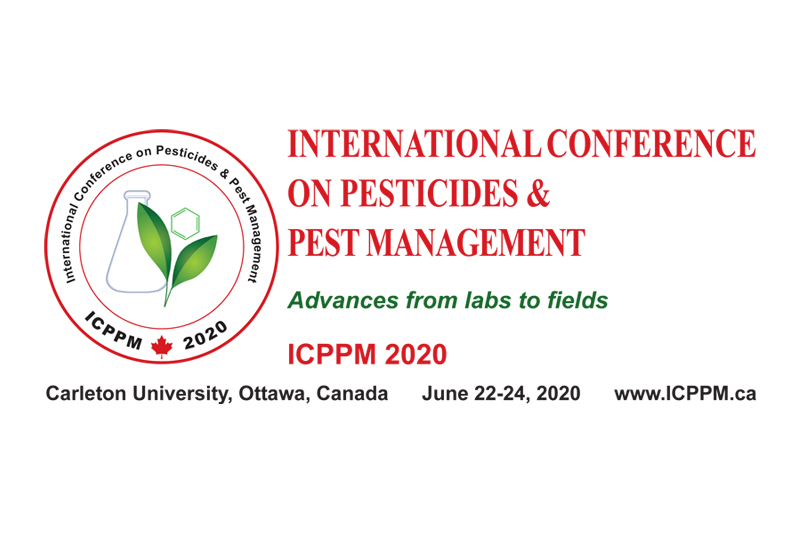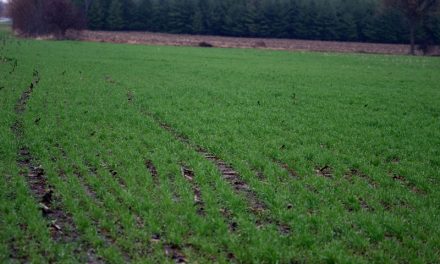The world population is increasing dramatically: 7.75 billion currently, estimated to reach 9.1 billion in 2050. Consequently, an increase in food production for an additional 1.5 billion people is mandatory.
The use of pesticides plays an essential role to protect crops, food, commercial products, animal health and public health from different pests, in addition to their use in landscaping and industrial areas; but their use may lead to adverse effects on beneficial insects, wildlife, and the environment. Therefore, research for new technologies in agrichemicals and safer alternatives to pesticides became of public and scientific concern.
Botanical extracts for pest control
Some plant extracts were considered a safer alternative to pesticides. The natural products of plant origin are receiving considerable attention, especially in organic farms and environmentally sensitive areas. Plant extracts can be used as toxicants, repellents, synergists, growth regulators, and anti-feed to control the targeted pest. The most successfully commercialized botanical pesticide is Neem oil. It is extracted from the Neem tree (Azadirachta Indica) native to the Indian subcontinent. This natural oil is used worldwide and contains a substance called Azdarachtin, which has insecticidal and insect repellent properties. Neem oil has been reported in Sanskrit dated 2,000 B.C. in the ancient Indian civilization. On the other hand, research on other botanical pesticides has gained more attention in recent years. Some other plant extracts showed an effect on agricultural pests, such as jojoba, garlic, pumpkin, tobacco, licorice and citronella. However, the fast degradation of botanical extracts and the relatively high production cost make their use very limited.
ICPPM2020 to discuss botanical pesticides
New trends in botanical pesticides will be discussed at the International Conference on Pesticides & Pest Management (ICPPM2020). The three-day conference will take place at Carleton University, Ottawa on June 22-24. Local and international field-leading experts will deliver keynote talks, while focused themed sessions will offer the opportunity to delve deeper into specific issues and solutions related to pesticides and pest management.
Researchers, experts, consultants, and decision-makers from across the world have expressed interest in attending the event, representing a variety of organizations, including government bodies, academic institutions and industry.
More details about the conference, speakers, sponsorship packages, registration, and venue are available on the conference website: www.icppm.ca. For direct inquiries you can contact the organizing committee by email at secretariat@icppm.ca.













